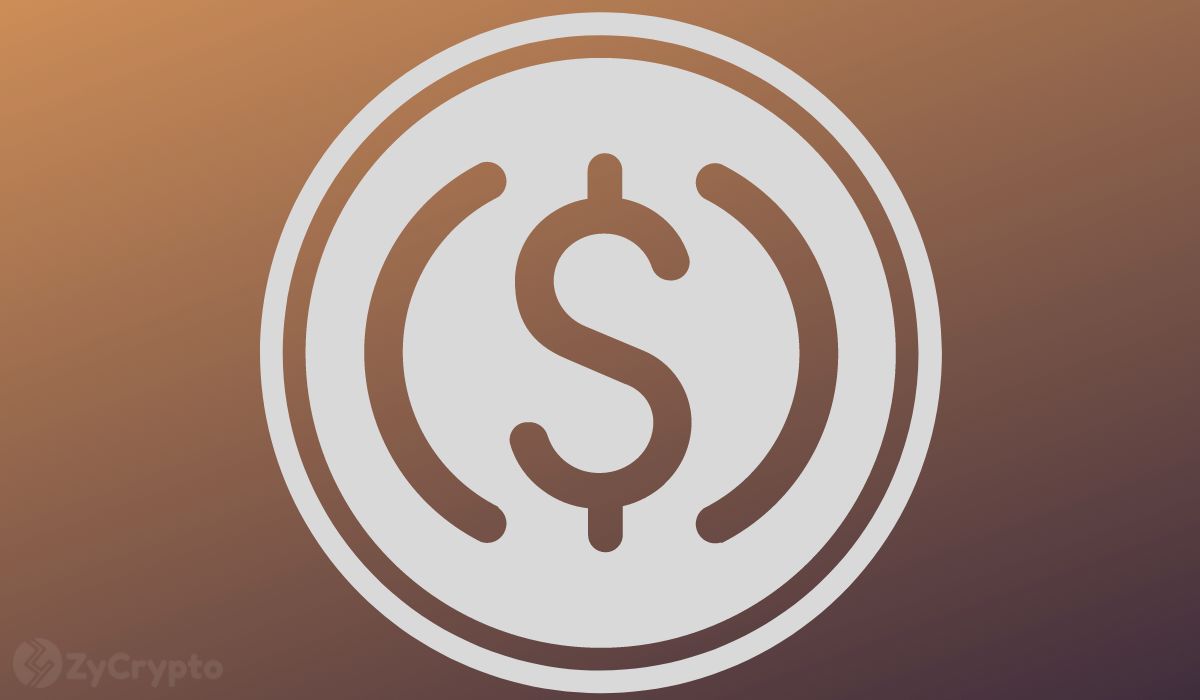Fourth-Largest Stablecoin Ethena’s USDe Kicked Out of Germany for not Meeting MiCA Requirements
0
0

Due to regulatory pressure, Ethena GmbH, creator of dollar-backed stablecoin USDe, will end operations in Germany. BaFin is the German authority that enforces regulations. The Market in Crypto Assets Regulation (MiCA) is the regulatory body that judges whether a crypto asset is an unlicensed security. Ethena is based in Frankfurt and operates a layer 1 blockchain. USDe is the fourth-largest stablecoin in terms of market capitalization. USDe further allows users to yield funds through Ethereum staking, and makes money through delta hedging of derivatives.
On March 21, Germany’s top financial regulator deemed Ethena GmbH, including the USDe, suffering serious deficiencies regarding crypto regulatory procedures. German authorities argued that Ethena did not abide by local laws and regulations. As a result, German regulators imposed various restrictions on the crypto project, including a block on its asset reserves and website. These steps proved vital to ending Ethena’s operations in Germany.
Ethena, in response to the German requirements, changed its name from Ethena GmbH to Ethena Limited, moving its operations to the British Virgin Islands, including its stablecoin USDe. They assured the regulators that Ethena GmbH had not conducted any minting activity since they were issued a warning on March 21. Part of what makes Europe a leader in crypto banking is its ability and commitment to regulating crypto entities. Despite the recent events surrounding crypto approval in America, Europe still leads in crypto banking, partly because America engaged in debanking activities, refusing bank loans for crypto startups, disabling an entire market for many years.
Ethena claims that all users who minted their token have transitioned to their new entity, based in the British Virgin Islands, rather than Frankfurt. Ethena created a process to transition the users to the new entity. They made this effort to abide by German regulatory requirements. BaFin, the main German regulatory body behind the decision, decided that Ethena acted like an unlicensed securities firm, especially about their staking process. BaFin took immediate action against Ethena, stopping the crypto project from making a public token sale of USDe. According to BaFin, USDe violated the MiCA requirements. BaFin then enforced the regulation by stamping down on the project. MiCAR is a regulatory body of the European Union, which includes Germany. The crux of the matter comes down to Ethena, according to EU regulation, selling unlicensed securities.
The EU, however, has had limited success in stopping Ethena’s business model because the crypto project operates worldwide and was able to shift its customer base with minimal impact on its operations. BaFin continues to regulate the European crypto industry, focusing on ascertaining whether tokens come under unlicensed securities.
Ethena attempted to release a USDe stablecoin that adhered to MiCAR requirements, but failed to convince BaFin of the changes. BaFin banned Ethena from releasing securities in Germany. Ethena, meanwhile, has announced that they have not frozen any customer-owned assets. They did want to have their assets approved by BaFin, but didn’t know how long the German authorities would wait for them to improve their standards to conform to MiCAR requirements.
BaFin concluded that Ethena was most likely an unlicensed securities firm due to its yield-making process and potential for investors to profit. MiCAR is transforming the crypto regulatory framework in Europe. Currently, MiCAR requires stablecoins to be fully backed by a reserve and to have regulatory approval.
0
0
 Manage all your crypto, NFT and DeFi from one place
Manage all your crypto, NFT and DeFi from one placeSecurely connect the portfolio you’re using to start.





